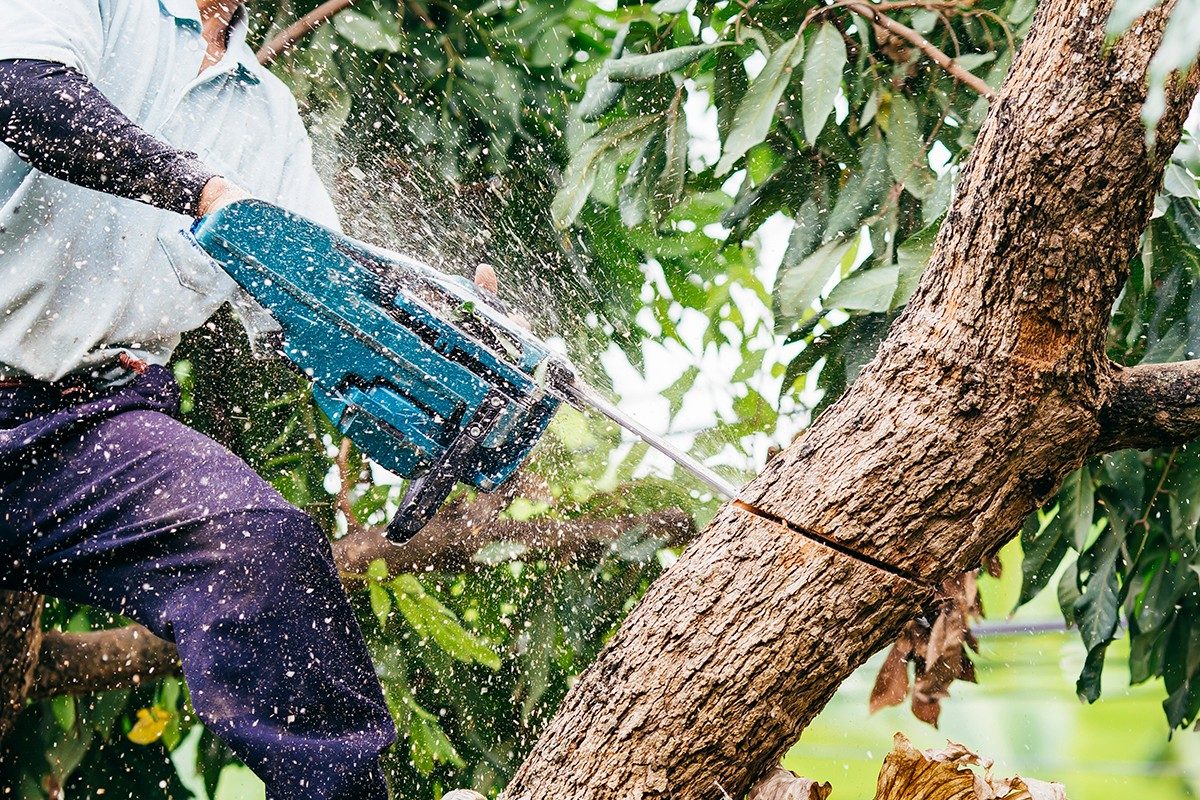
Preparing for a Hurricane
Take steps to prepare your home and your family from a hurricane. Review your home insurance to make sure you have the protection you need.

by Cody Dees
Atlantic Hurricane season officially begins on June 1, but emergency planning should be a year-round priority. We’ve looked to the experts at the Insurance Institute for Business & Home Safety, to provide you with steps to maximize your businesses’ protection in case disaster does strike. Believe it or not, they’re simpler than you might think…
Find out more about business insurance.
Find out more about business insurance.

Preventative measures are always the best way to help ensure proper protection. Have your building(s) inspected and complete any maintenance needed to ensure it can stand up to severe weather, before bad weather strikes.

Identify two (primary and secondary) employees to actively monitor weather reports. Additionally, outlining how weather crisis information is distributed to everyone is important.

For step two to be effective, regularly reviewing your business continuity plan is a must. Make keeping track of emergency contact information an absolute priority.

Remind employees of key elements of the plan, including post-event communication procedures and work/payroll procedures. In addition to a digital copy, equip all employees with a paper copy of the plan. Review emergency shutdown and start-up procedures, such as electrical systems, with appropriate personnel (including alternates).

If energy/fuel backups such as a diesel generator are needed, regularly test your system and establish proper contracts with fuel suppliers for emergency fuel deliveries. Can you imagine relying on a back-up, only to find out it’s not functioning properly when you need it most?

First aid supplies are often used throughout the year for non-emergency situations. To make sure you’re prepared, regularly check your emergency supply inventory.

Flashlights, radios, batteries, etc., should not only be available in case of emergency, they should also be tested for proper usability. We’re starting to see a “testing” theme here…

Conduct simulations/drills for both your business continuity and emergency preparedness plans…even if it makes the office moan.
Although you can’t stop a hurricane, keeping up on these 8 steps will help prepare you, your colleagues, and your business.

Take steps to prepare your home and your family from a hurricane. Review your home insurance to make sure you have the protection you need.

Is your relationship with your emergency fund non existent?
Start a quote or call us at 866-COUNTRY (866-268-6879). Find out more about business insurance.
Contact your rep or call us at 866-COUNTRY (866-268-6879). Find out more about business insurance.
COUNTRY Financial® is a family of affiliated companies (collectively, COUNTRY) located in Bloomington, IL. Learn more about who we are.
We take pride in providing accurate, truthful information in our articles. See our editorial standards to learn more.